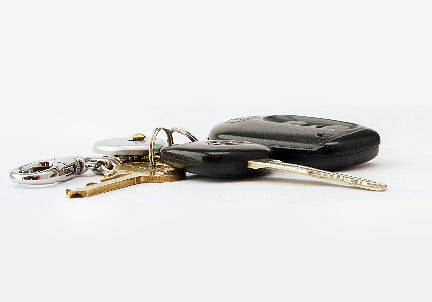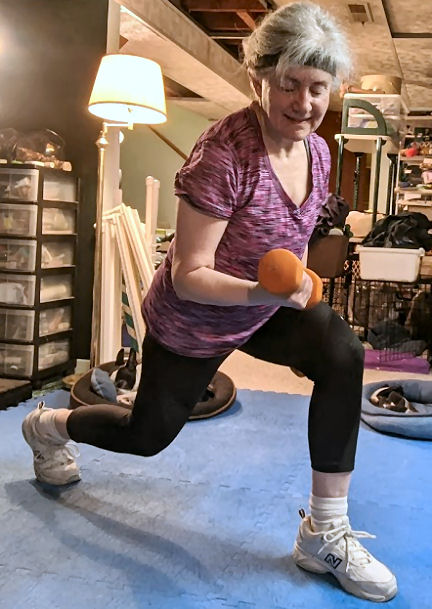Now, where did I put my …
We all forget stuff. And most of the time there’s nothing to worry about. We probably didn’t pay attention when storing that information in our brains the first time. But, of course, as we get older, one of the biggest concerns most of us have is not being able to remember things. Here are exercises to improve our memories, as part of our healthy aging regimen.
Change how you remember things
When you want to remember something, really focus on it. Here’s a brain exercise to improve your memory: focus on the environment – sounds, sights, smells surrounding the thing you want to remember. Remember those things as well as the thing itself. Don’t try to do more than remember this new thing while you’re doing the focus exercise.
Dr. Darren Gitelman, senior medical director of the Advocate Memory Center at Lutheran General Hospital, says, “It is thought that, in a way, you don’t remember the same memory over time, but rather, you remember the memory that is reinforced over time. If the context shifts what you recall, and this modified memory gets strengthened over time, then eventually, what you may recall may be a memory that has been shifted by the context, rather than the original memory itself.” So the context may shift and your memory can change. But if you remember everything surrounding the memory, these stronger context clues will help us remember the memory more accurately.
Connect new information to things you already know
Dr. Gitelman says that connecting new information to familiar images and thoughts will help you remember the new stuff. Say, for example, I learned something new about Boston Terriers. If I connect that information with a specific mental image of my Simon, it will help me remember it.
Rehearse new information
When I played piano years ago, I memorized each piece in multiple ways. From the beginning, of course, but also from the end. Phrase by phrase, or however it made sense. When you memorize and rehearse, new information becomes a memory.
Take care of your brain
Other ways you can improve your memory: Eat right, exercise, get enough sleep. Yes – exercise to improve your memory. Dr. Scott McGinnis, an instructor in neurology at Harvard Medical School, says that studies have suggested that the parts of the brain that control thinking and memory are larger in volume in people who exercise than in people who don’t. “Even more exciting,” McGinnis says, “is the finding that engaging in a program of regular exercise of moderate intensity over six months or a year is associated with an increase in the volume of selected brain regions.” If you exercise, your brain can grow!
Exercise also can boost muscle memory. That complicated piece of choreography in an aerobics routine will get easier, not just because we practice it, but also because the fact that we’re exercising helps our memory.
We want that big brain for our memory! So, I’m going to keep on exercising.





